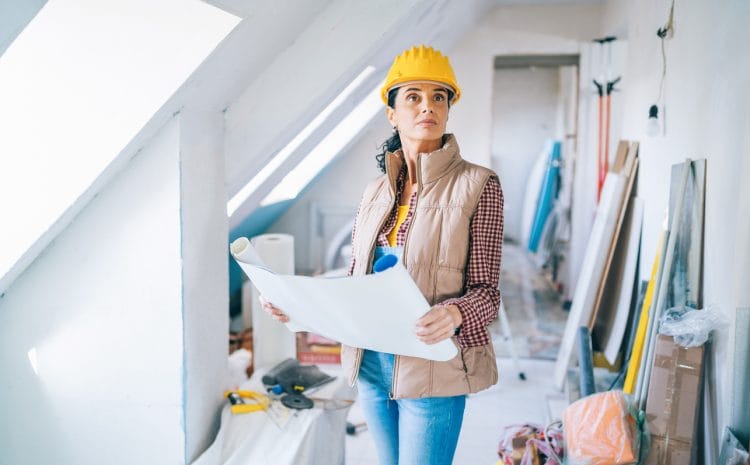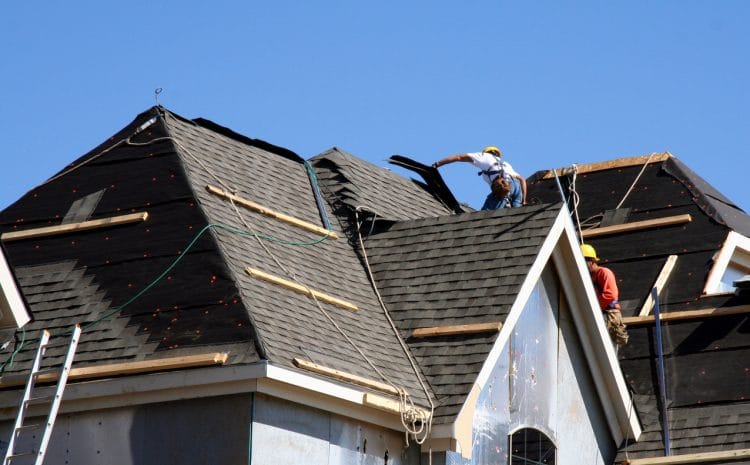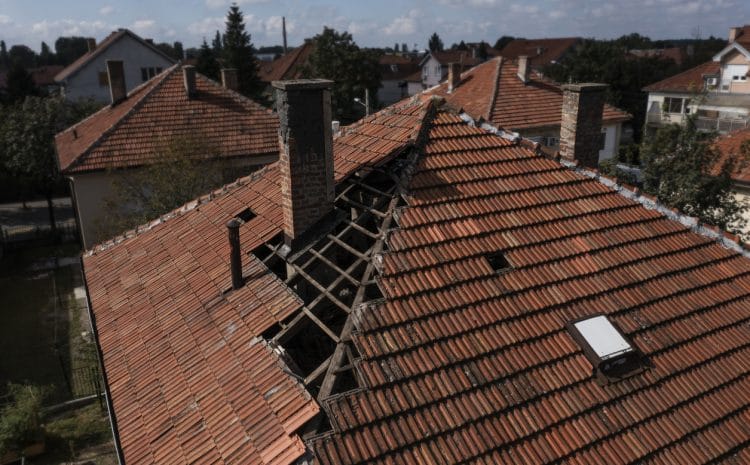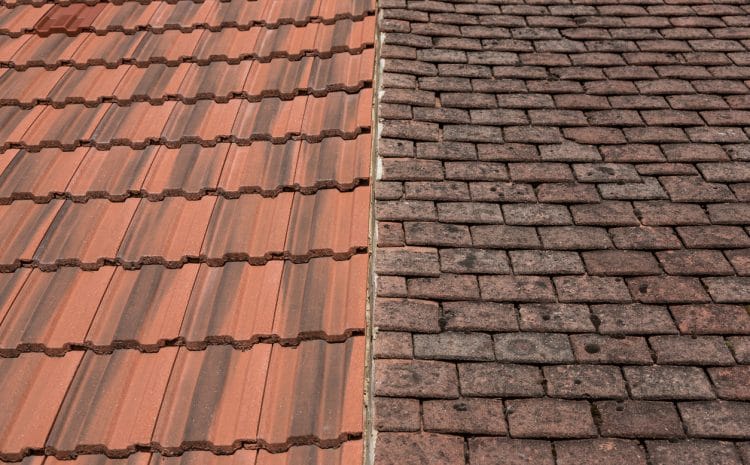10 Things to Consider While Hiring Flat Roofing Contractors

Flat roofing is a specialized area of construction and repair that requires expertise, precision, and the right materials. Whether you’re replacing an aging roof or installing one on a new structure, selecting the right flat roofing contractors is critical to the longevity and performance of your roof. Many property owners rush the hiring process, which often leads to substandard work, water damage, or costly repairs. In this blog, we’ll walk you through the 10 most important factors to consider before hiring a flat roofing contractor so you can make a confident and informed decision.
Understand the Type of Flat Roof You Need
Before you begin searching for flat roof contractors, it’s essential to know the type of roofing system best suited for your property. Flat roofs can be constructed using different materials and technologies, including:
- Modified Bitumen Roofing
- EPDM (Ethylene Propylene Diene Monomer) Rubber Roofing
- TPO (Thermoplastic Polyolefin) Roofing
- PVC Roofing
Each material has different installation techniques, maintenance requirements, and life expectancy. A professional flat roof contractor should assess your property and recommend the best option based on weather, usage, and budget. If a contractor pushes only one type of roofing material, it could be a red flag.
Check Licensing and Insurance
One of the first things you should ask any flat roofing contractor is whether they’re licensed and insured. Proper licensing ensures they’re authorized to work in your area and follow local codes. Equally important is general liability insurance and workers’ compensation coverage, which protect you from potential lawsuits if accidents occur on-site.
Hiring flat roof contractors near me without insurance might save a little money upfront but can expose you to major financial risks later.
Verify Experience and References
Flat roofing requires more than general roofing experience. It demands precision, proper sealing techniques, and an understanding of drainage challenges. Always ask:
- How long have you been installing or repairing flat roofs?
- Can you provide references from recent flat roof repair or replacement jobs?
- Do you have experience with commercial or residential projects like mine?
Speaking with past clients and checking reviews can reveal patterns about work quality, professionalism, and customer service.
Evaluate Credentials and Affiliations
Professional affiliations and certifications can indicate a contractor’s commitment to industry standards. Look for memberships in organizations such as the National Roofing Contractors Association (NRCA) or manufacturer certifications (e.g., GAF, Firestone).
These credentials are a good indicator that the contractor is up to date on the latest flat roof installation techniques and product warranties.
Understand the Scope of Work and Written Estimates
Before signing any contract, make sure you receive a detailed written estimate. This should include:
- The specific flat roofing system being used
- Timeline of work
- Labor and material costs
- Warranty details
- Clean-up expectations
- Payment terms
A reliable flat roofing contractor will provide a comprehensive estimate without hidden charges. Don’t settle for vague promises or verbal agreements.
Prioritize Local Experience
Contractors familiar with your region understand the unique weather and environmental conditions that can affect flat roofs. Whether it’s heavy rain, hurricanes, or extreme heat, flat roof contractors near me with local experience are better equipped to recommend roofing solutions that will last.
Local contractors are also easier to reach if you need future repairs or warranty services, reducing your long-term stress and cost.
Ask About Warranty and Post-Installation Support
A strong warranty is a good indicator of both product quality and installation standards. You should expect:
- Manufacturer warranty for materials (typically 10–25 years)
- Workmanship warranty from the contractor (usually 1–5 years)
Ensure you get these warranties in writing. Ask how they handle warranty claims and what kind of flat roof repair contractor support is available after the project is completed.
Confirm Safety Measures and Work Practices
Flat roofing can be dangerous due to its elevation and exposure to weather. Ask potential flat roof installation contractors about:
- On-site safety protocols
- Use of protective gear
- OSHA compliance
- Fall protection systems
Safe work practices not only reduce accident risks but also reflect the professionalism and seriousness of the contractor.
Review Cleanup and Disposal Procedures
Once the roofing work is completed, leftover materials, old roofing, and nails need to be cleaned up. Reputable flat roofing contractors will include this as part of their service. Ask:
- Who is responsible for removing debris?
- Will a dumpster be placed on-site?
- Is magnetic sweeping used to pick up nails?
A clean job site is essential for safety, especially around residential or high-traffic areas.
Compare Multiple Bids but Don’t Just Choose the Cheapest
Price matters, but it’s not the only deciding factor. Low bids often mean cut corners, poor-quality materials, or inexperienced workers. Instead, compare at least three bids from flat roof replacement contractors, and look at what each includes.
Key areas to evaluate:
- Material quality
- Labor experience
- Timeline and availability
- Warranty coverage
Choose the flat roof contractor who offers the best value—not just the lowest cost.

CTA Section
If you’re dealing with roof damage or considering a flat roof installation, make sure you’re working with licensed, experienced professionals who specialize in these services. Learn more about trusted Roof Contractors Services and how to handle insurance-backed claims with expert guidance. For more help with navigating your insurance policy after property damage, visit our page on Property Damage Insurance Claim in Florida today.
Frequently Asked Questions (FAQ)
Q1: How do I find reliable flat roofing contractors near me?
A: Start by searching local directories, asking for referrals, and reading verified online reviews. Always check for licensing, insurance, and past project examples.
Q2: What’s the average cost of hiring a flat roof contractor?
A: The cost varies based on roof size, material type, labor, and complexity. On average, it ranges from $5 to $12 per square foot for flat roof replacement or installation.
Q3: How long does a flat roof last?
A: A well-installed flat roof can last anywhere from 15 to 30 years depending on the material. EPDM and TPO typically last 20–30 years with proper maintenance.
Q4: Are flat roofs more prone to leaks?
A: Flat roofs can be more susceptible to pooling and leaks if not installed or maintained properly. Choosing experienced flat roof repair contractors helps reduce the risk.
Q5: Can I claim insurance for flat roof repairs or replacements?
A: If the damage is due to storms, wind, hail, or other covered events, you may be eligible for insurance coverage. A public adjuster or insurance claim expert can guide you through the process.
Q6: What’s the difference between flat roof replacement and flat roof repair?
A: Repair involves fixing specific problem areas, while replacement means removing and installing a new roofing system. A qualified flat roof replacement contractor can assess and recommend the best option based on damage extent.



